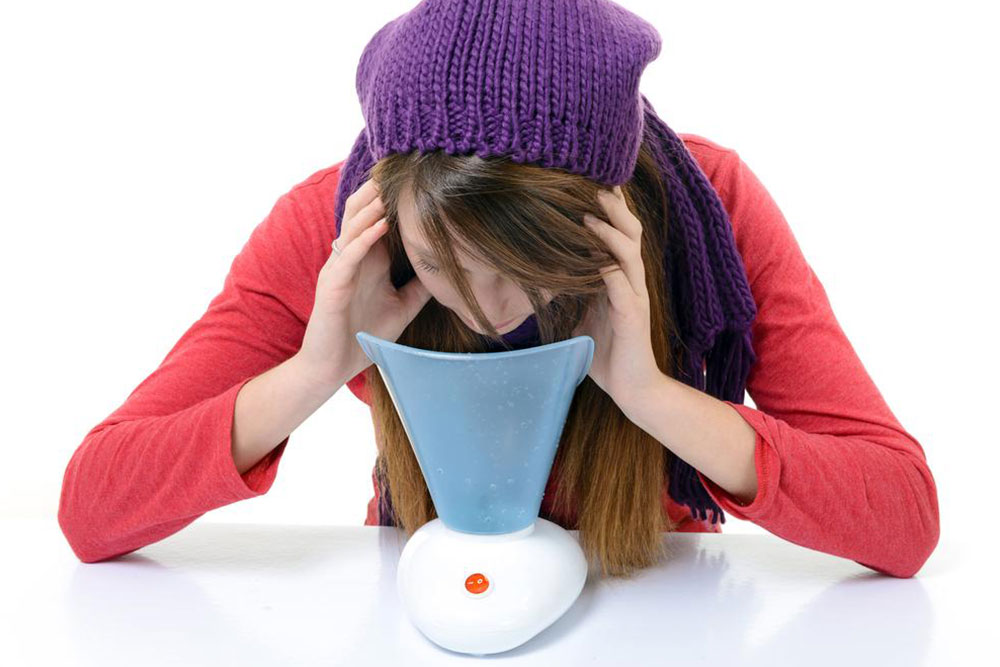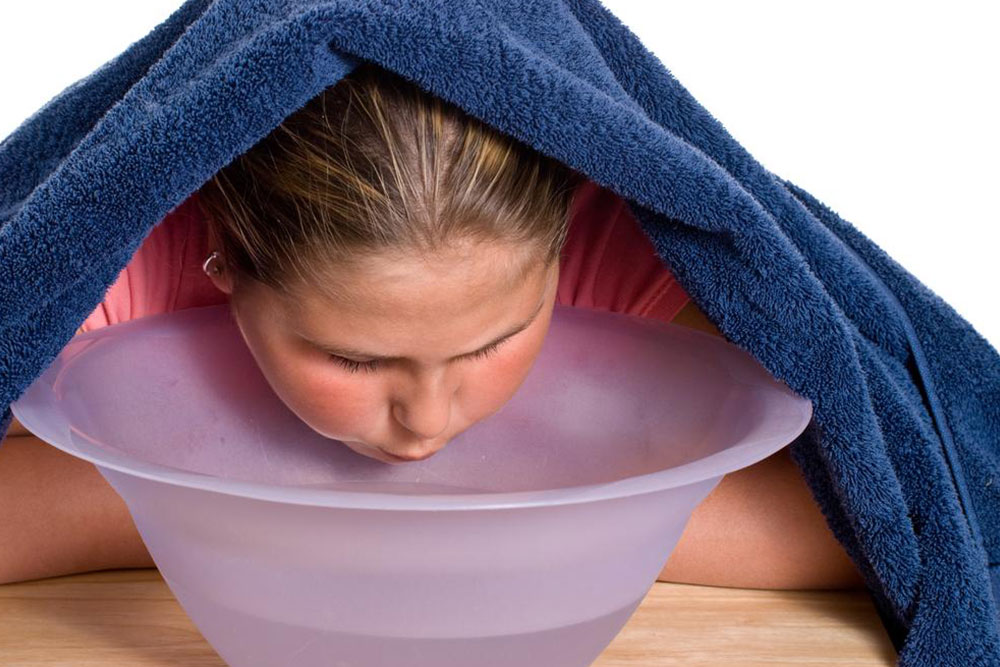Comprehensive Home Remedies to Relieve Persistent Coughing
Discover effective home remedies to alleviate persistent coughing, including hydration, steam inhalation, humidifier use, and avoiding irritants. Learn when to seek medical advice for lasting symptoms and improve your respiratory health naturally.

Effective Home Strategies to Alleviate Persistent Coughs
Dealing with a chronic cough can be a taxing experience that disrupts daily routines and affects overall well-being. It can lead to sore chest muscles, interfere with sleep, and diminish quality of life. While persistent coughing can sometimes indicate underlying health issues, many mild coughs and colds can be managed effectively at home using simple remedies and lifestyle adjustments. These methods not only help to soothe irritation but also support your respiratory health, promoting quicker recovery.
Prioritize Hydration to Combat Coughs: Adequate fluid intake is crucial when dealing with a cough. Drinking plenty of water, herbal teas, and broths helps thin mucus secretions, making it easier for the body to expel them. Proper hydration prevents mucus from becoming thick and sticky, which often aggravates throat irritation and prolongs coughing episodes. During colder months or flu seasons, maintaining hydration becomes even more vital to reduce congestion and soothe inflamed airways. Warm fluids, particularly those infused with honey, not only hydrate but also have natural antimicrobial properties, which can further ease throat discomfort.
Incorporating warm beverages and lozenges into your routine can significantly alleviate throat soreness. Lozenges, with their numbing effect, reduce the cough reflex, while warm drinks—especially those with honey—calm inflammation and soothe irritated tissues. These simple approaches are among the most accessible and effective ways to manage cough symptoms at home.
Steam Inhalation and Hot Showers as Natural Decongestants: Breathing in steam from a bowl of hot water or taking a warm shower can work wonders for nasal congestion and cough relief. The warm moisture loosens thick mucus in the nasal passages and airways, making it easier to expel. This method is particularly effective during cold or allergy seasons when congestion worsens. Additionally, the inhaled steam helps to hydrate dry nasal mucosa, reducing irritation and cough. If congestion persists, adding essential oils such as eucalyptus or peppermint can enhance the steam's decongestant properties. Regularly scheduled steaming sessions can provide significant relief, especially when paired with other home remedies.
Use of Humidifiers to Maintain Optimal Respiratory Environment: Humidifiers are excellent tools for maintaining appropriate indoor humidity levels, especially during dry winter months or in air-conditioned environments. Proper humidity helps keep nasal passages moist, reducing dryness and irritation that often trigger coughing. It also alleviates symptoms of postnasal drip and sore throats. To maximize their benefits, ensure your humidifier is cleaned regularly to prevent mold, bacteria, and dust accumulation. This not only preserves air quality but also minimizes potential pathogens that could exacerbate respiratory issues.
Avoiding Common Respiratory Triggers: Environmental irritants are among the leading causes of coughing episodes. Perfumes, aerosol sprays, cigarette smoke, and other pollutants can irritate airways, increase mucus production, and trigger persistent coughing. Reducing exposure to these irritants is crucial for respiratory health. Opt for fragrance-free products and ensure good ventilation when using cleaning supplies or aerosols. Quitting smoking or avoiding secondhand smoke can significantly decrease coughing frequency and improve lung health over time.
In cases where home remedies do not provide sufficient relief, there are medical options to consider. Over-the-counter medications such as decongestants and expectorants can offer symptomatic relief. Decongestants work by shrinking swollen nasal tissues, reducing nasal congestion and mucus buildup. Expectorants aid in loosening thick mucus, making it easier to cough up, especially during nighttime. However, these medications should be used cautiously and according to instructions. If a cough persists for more than a week, worsens, or is accompanied by other symptoms like fever, chest pain, or shortness of breath, it is essential to consult a healthcare professional for proper diagnosis and treatment.





